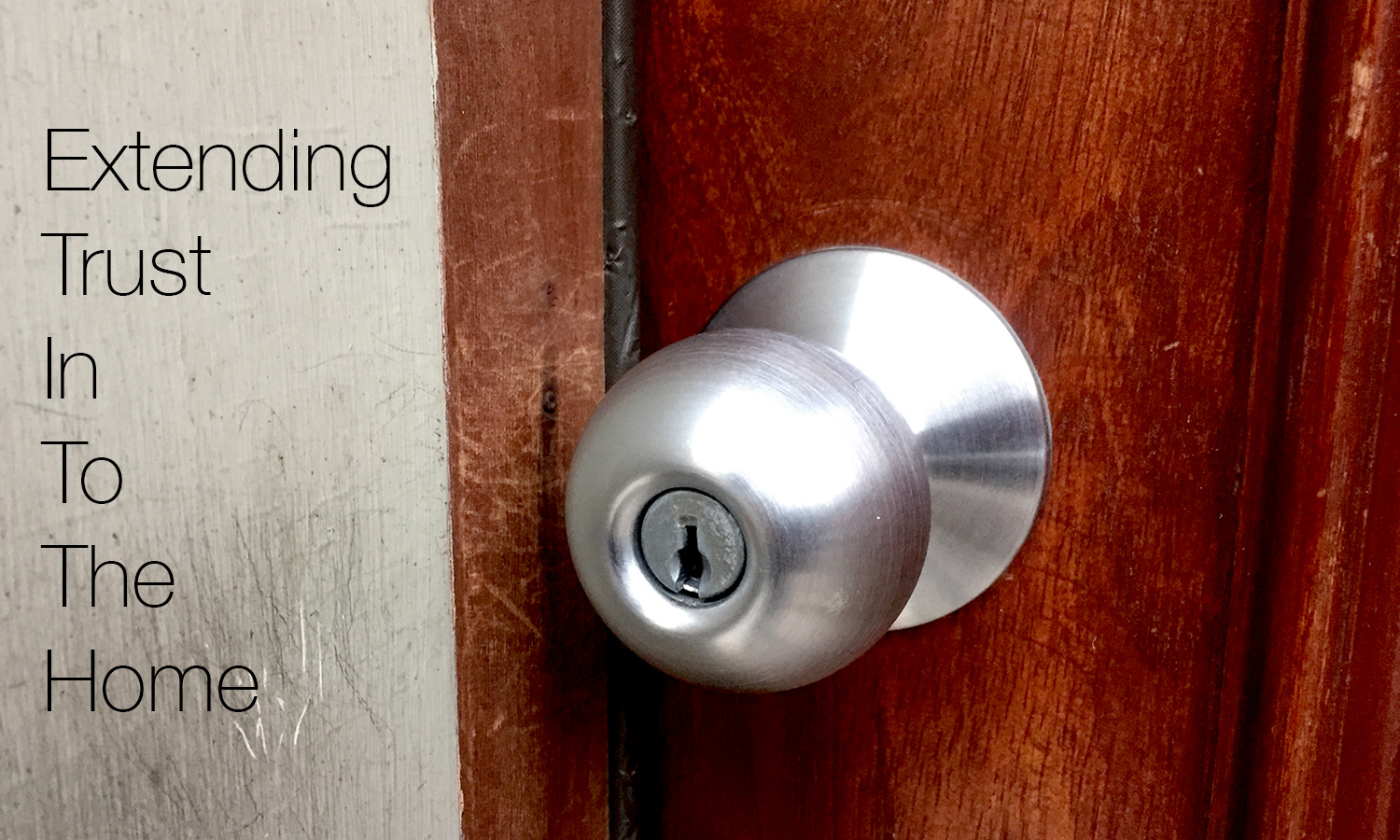Many years ago, I contracted with a popular pest control company to service my home. At first, I met technician at the house. I would leave work, wait for him to arrive, wait again for him to complete the job, and then I would head back to work. This routine went on for a few months before the inconvenience became too much. I decided to set up a temporary code on the garage for service days that he could use to let himself in.
At first, the arrangement worked well. But, one evening after he visited, I noticed my laptop that I had left on the side table had moved. I flipped it open to see a host of unsavory advertisements filling the desktop. There was no one else in the house that day, so I immediately deduced what had happened. After a round of disinfecting both the laptop’s hard drive, screen, and case, I devised a trap.
After the technician’s next visit, I returned home and again opened my laptop. While I didn’t see advertisements, a check of the Internet traffic revealed the truth. During the time that the technician said he was in my house, someone visited a plethora of adult websites. Needless to say, my next call was to the pest control company to report what happened and cancel my service. Since then, I have been reluctant to allow anyone into my home while I am not there.
Trust is a hard thing to gain but an easy thing to lose.
At least, it used to be.
Getting into the car of a stranger used to be terrifying. But now, people will jump into an Uber or Lyft because an app on their phone connected them. The sharing economy has us placing our trust in someone that we know nothing about. Why? Because other people did and provided a rating. Because a software algorithm turned those experiences into a score. Because that score has become a substitute for our own experiences and judgments. And because the score provides a mechanism for the transfer of trust.
We don’t need the system to provide real trust, though. We’re relying on it to provide ‘just enough” trust so that we can take advantage of the comfort and convenience at minimal perceived risk. We’re depending on the model to weed out the unsavory and to reward the top performers. And for the most part, it seems to be working. We’re so comfortable with the system now that people are getting into the wrong Uber or Lyft simply because a car is parked outside their house.
Other industries are using the same model. Airbnb hosts open their homes to strangers. Both sides use the score to decide if the benefits of the transaction are worth the risk. The rating in peer-to-peer lending provides an alternative to a credit score. Each of these industries creates their own scoring algorithm using relevant metrics. The success of each system depends on whether customers are willing to believe enough in the rating to complete an exchange.
Which brings me back to my story. Letting a stranger into my house unattended proved to be a terrible idea. Like most people, I don’t want to open my house all the time. I am a consumer of the convenience afforded by the sharing economy, not a provider. But I also don’t want to be home every time I need something done. Where is the intersection of inconvenience and my willingness to remotely unlock my door to a 5-star employee of a service provider?
If I can find a way to overcome the barrier, the potential benefit is huge. Devices are getting smarter and know when they need service or are about to fail. Instead of notifying me to call a technician, the device should make the call itself and cut out the middle-man. When my WiFi network can’t optimize itself to give me the best experience, it can bring in my service provider. Services that traditionally stop at the front door can enter the home. My grocery delivery should make it into my fridge and pantry. My dry cleaning should hang in the closet.
I want to find that place but, having been burned before, I don’t know if a community rating is enough to earn my trust. Technology (read: surveillance) might help me bridge the gap, though. The stream of data coming from inside my house includes cameras, door and motion sensors. I have the ability to peek in or, at least, the technician knows that I can. I know when a door opens and closes, so I know how long they are in the house. I can see what rooms someone was in and for how long. And I can always play the tape back if I suspect something is amiss.
Is that trust? Maybe not. But history has taught me to operate with a different philosophy: Trust, but verify.
